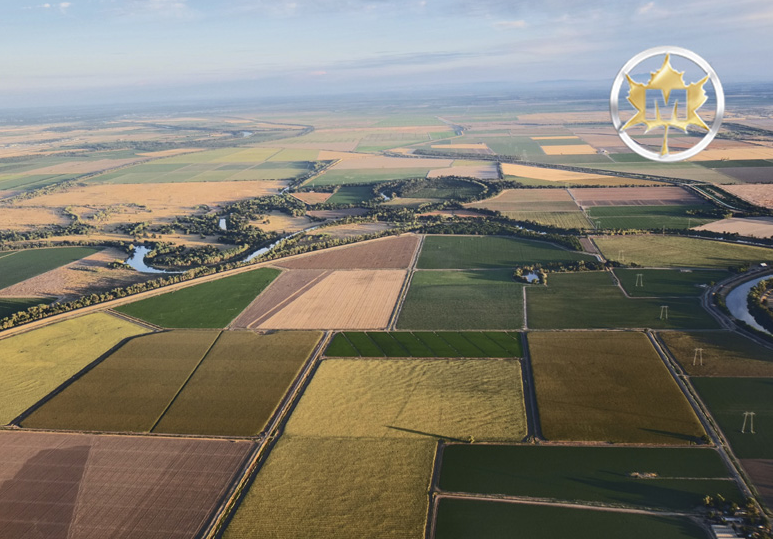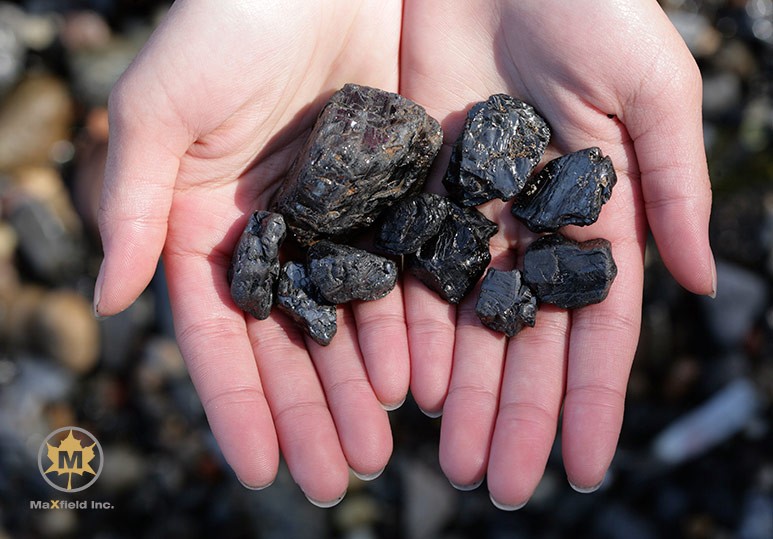A couple years ago, a fertilizer plant containing a hazardous gas called anhydrous ammonia (a nitrogen-based fertilizer) in central Texas suddenly exploded into flames. The unfortunate scene killed several people, injured over 100 and left the plant in burning embers and ash.
There are many fertilizer plants today that use anhydrous ammonia (ammonia) to produce different types of fertilizers for a variety of purposes. To create this ammonia, you must use extremely hot temperatures and store it at very high-pressure levels; hence, the tragedy in Texas.
Today we’re using this Texas tale as an example of why inspecting dangerous equipment is so important, especially anhydrous nurse tanks and any equipment carrying hazardous material.
Across the country, farmers are preparing for harvest, now is the time to complete all your inspections. Prior to planting, it’s imperative that all farming equipment is properly inspected to eliminate safety issues.
Many agriculturalists have to meet standards and requirements to be compliant and continue with their farming. Farmers need to know:
- That tanks will not be filled if they are not inspected.
- Government Agriculture Agencies will help you ensure that inspections are complete and accurate.
- The Government wants farmers to understand the rules applied to inspections and why they’re important.
- All valves and hoses must be up to snuff.
- Your machinery must display the proper and up-to-date decals and licensing.
- All trailers (NH3, fuel, etc) must have chassis and tire inspections.
Anhydrous ammonia can be dangerous, but it is a vital fertilizer and very useful to the farming industry. Implementing and enforcing inspection laws help control the dangers associated with this fertilizer and provides a safe environment for those working around it.
If you have any questions regarding NH3 tanks, trailers, inspections or ammonia give us a call today at 403.258.3680. To us, safety always comes first.






